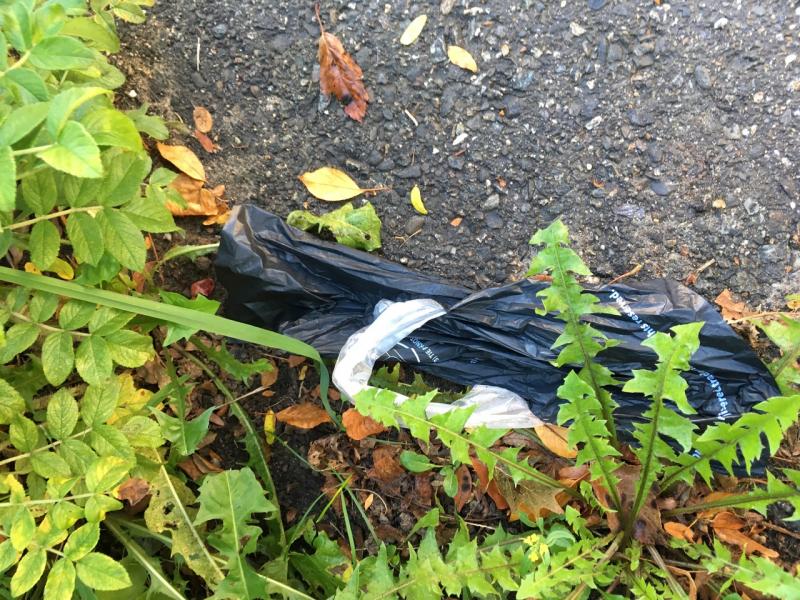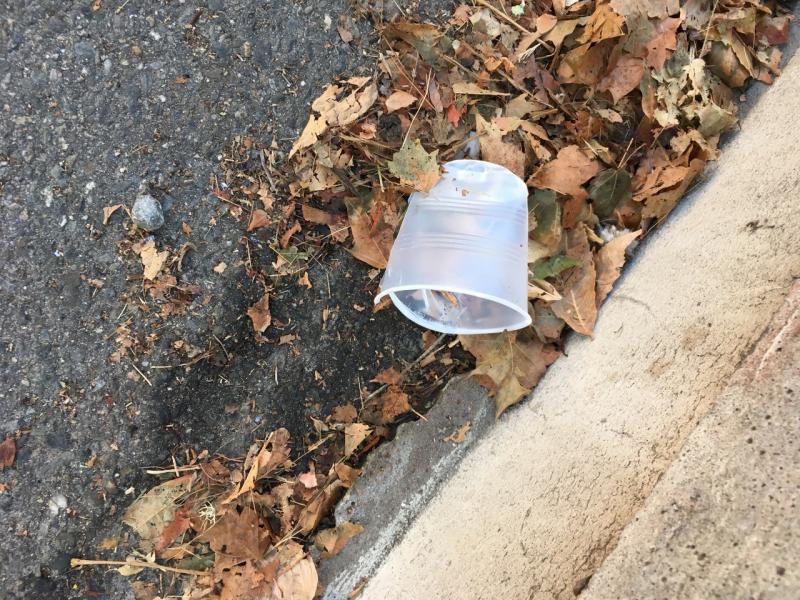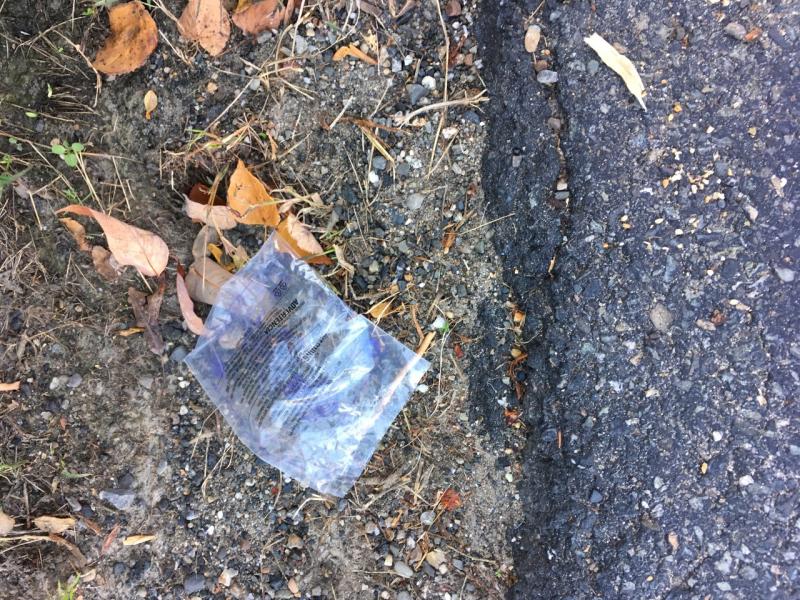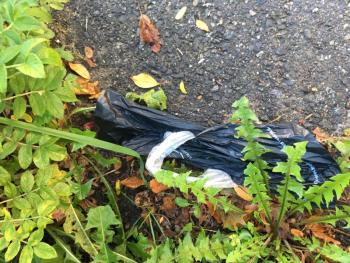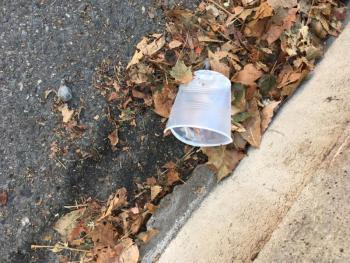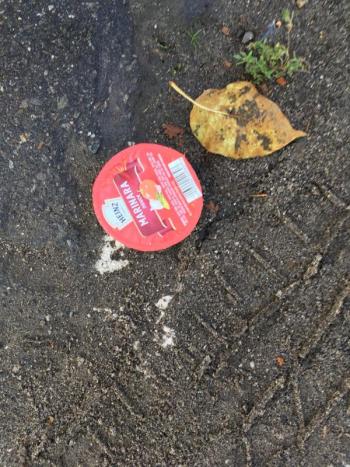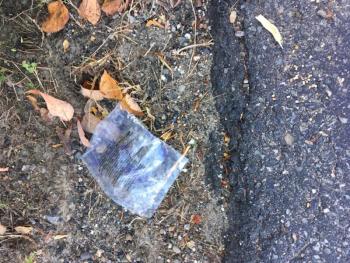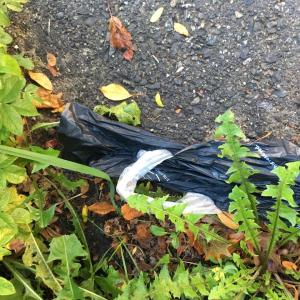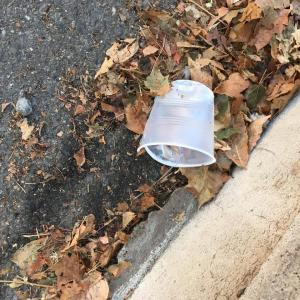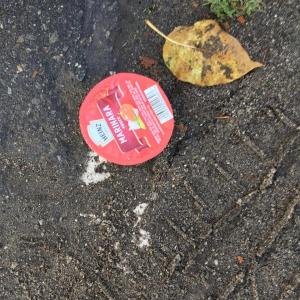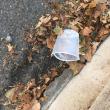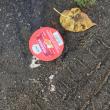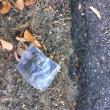Plastic Free By the Sea?
When Dustin Hoffman’s character in The Graduate was told the future was plastics there was no way for him to know the ominous role that plastic would play in our lives 60 years later. Maybe the inventors of plastic had a suspicion they were putting into motion an intractable, dire problem, but I doubt it. Most likely they believed they had created an inexpensive, practical way to package and contain things. And so began our love affair with plastic.
Look around—plastic surrounds us. A trip to the grocery store is akin to swimming through aisles of plastic. Hardware and big box stores are no better. Plastic abounds. Lest you think this is an “out there” problem, see for yourself—spend a day trying to touch nothing made of plastic. Our homes are full of the stuff.
Or try this thought experiment. What if every single piece of plastic you set your hands on, from birth to your current age, you owned, in the sense of you had to deal with finding a sustainable way to get rid of it? What would you do—bury those plastic toys in your backyard when you outgrew them? Stuff the plastic boxes and bags and wrapping from all those purchases in your basement? Maybe when the basement got full of plastic utensils and food containers—for salad greens, mayonnaise, soda bottles, meat wrappers, meat trays—you decided to build a few more floors on your house to hold all the accumulating stuff. Maybe you purchased a backyard shipping container as home for those once-used plastics. As you aged and moved all that plastic would have to travel with you, too. Kind of a lot to carry. But no matter, you kept purchasing in plastic, even though you already had a lot of plastic you could potentially reuse to carry stuff.
Wild scenario? Not so much, for all the plastic you have ever touched still exists on this planet—it’s just that you can’t see it. Maybe it got “recycled” on a barge to China. Maybe it got remade into Trex plastic decking (as our “recycled” Hannaford single-use shopping bags do, after they are trucked to Virginia [burning fossil fuel as they go]) that you proudly used on your new porch. But once that decking wore out the plastic logs just get shipped to a landfill where they will sit. Forever. Plastic does not degrade—it never goes away. (Metal and glass, unlike plastic, can be recycled an almost unlimited number of times.)
Oh, maybe you burned those plastic bags and wrappers. That just meant the dioxins escaped into the air we breath. Yum. That air rises and turns into clouds…and becomes rain that falls, contaminating lakes, streams, and oceans.
But let’s take the thought experiment one step back. Before you bought that plastic deck chair, or baby toy, or toothbrush, it got manufactured. From what? Plastic is manufactured with petrochemicals, increasing greenhouse gas emissions. Buying that plastic object was the second step in our collective global plastic mess.
Now that we have all this plastic stuff—and keep allowing our food packagers and toy makers and suppliers of all kinds to manufacture plastic items with no responsibility for the global warming or the waste problem they are creating—we don’t know what to do with it. Many good folks are working on the plastic waste problem, but the answers are not clear.
So, what can residents of coastal Maine do to move toward being Plastic Free By the Sea? For one thing, reconsider your purchases. Every. Single. One. Shampoo in a plastic bottle? Did you know you can buy a shampoo bar at a local store? Plastic toothbrush? Try a bamboo one with natural bristles. Say no to plastic water bottles, even if that meeting you are attending supplies them free and insists they will recycle. Travel with your own water carrier and travel mug. Next time you forget the travel mug and buy coffee, why not forgo the plastic lid? What kind of world made us believe we needed sippy lids like toddlers? I won’t even mention straws….
Oh, yeah, here in Camden on November 6? Vote yes to approve the bans on single-use shopping bags (Article 2 Citizens Petition) and expanded polystyrene (Article 8). No, those moves don’t solve the problem of all the plastic in your backyard. But it is a small, mindful step to a world less reliant on—and full of—plastic.. Small changes add up and make a difference. And your vote matters. What kind of future do you envision for our planet?
Event Date
Address
United States

